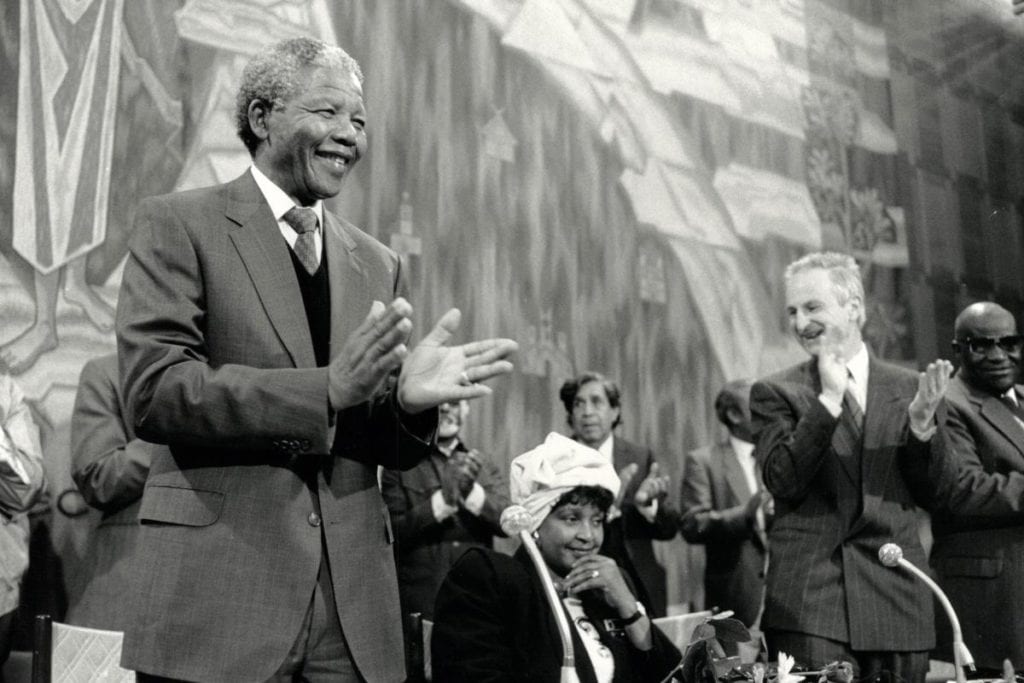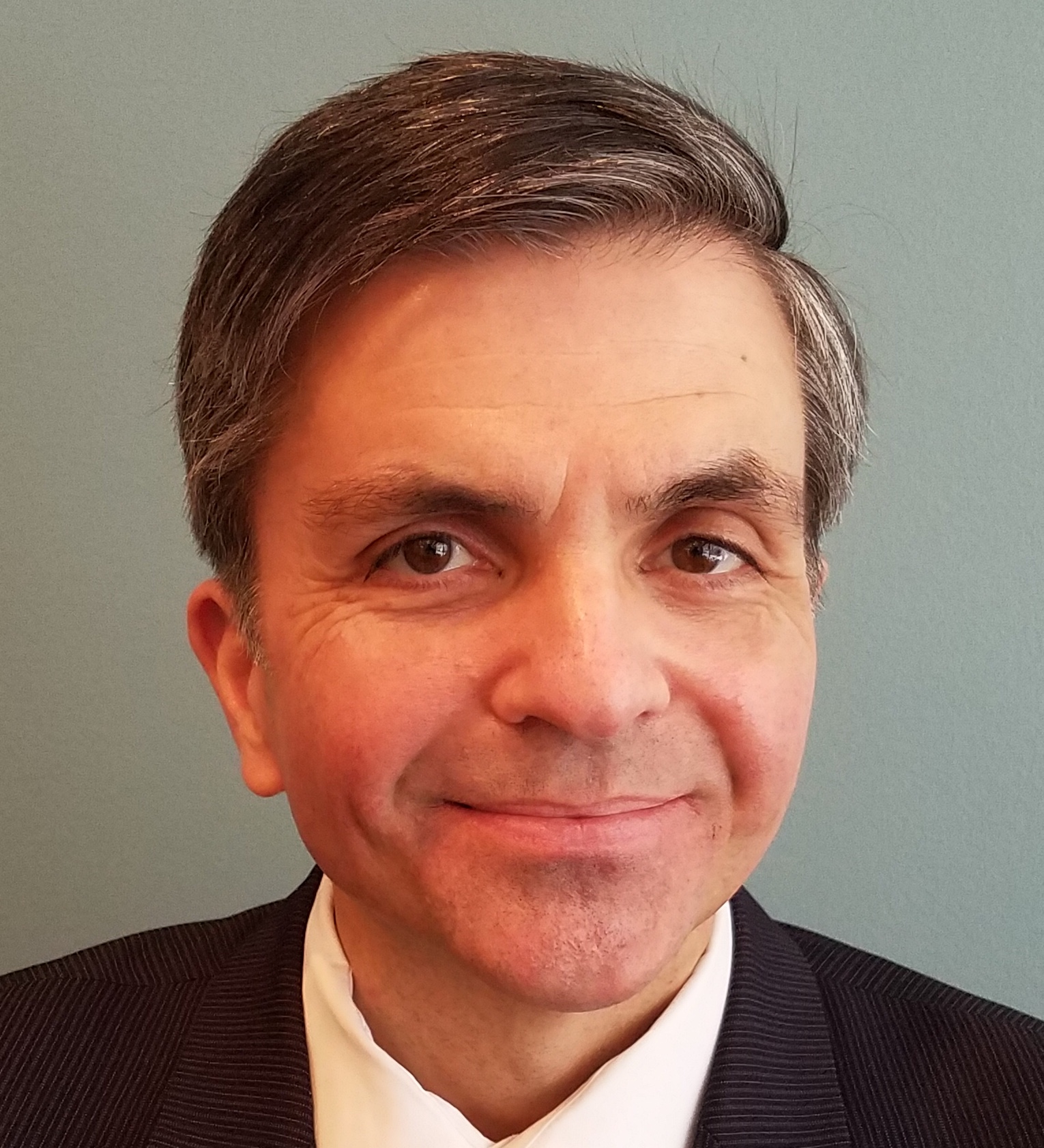Recently the Geneva-based World Council of Churches advertised that the state-backed Lutheran churches of two states in Germany celebrated their Cold War era support for armed revolutionary groups:
The synod of the Evangelical Church in Hesse and Nassau in October 1970 voted to provide 100,000 German Marks from its main budget to the WCC anti-racism programme’s Special Fund, which provided humanitarian assistance to liberation movements engaged in armed struggle in Southern Africa.
As the WCC noted:
This decision was a sign of ecumenical support and solidarity “not only with the global ecumenical movement but especially with those oppressed by racist policies and actions,” the moderator of the WCC central committee, Dr Agnes Abuom, said in a video address on 26 November to a special session of the Evangelical Church in Hesse and Nassau synod held online to commemorate the 1970 decision.
And the WCC report admitted:
The WCC’s anti-racism programme, created in 1969 and widely known by its initials PCR, was one of the ecumenical organization’s most controversial initiatives, not least because of the grants to liberation movements fighting racist and colonial regimes in Africa.
“Controversial” is an understatement. The WCC channeled millions of dollars to armed revolutionary groups fighting white minority regimes in South Africa and Rhodesia, plus South African control of Namibia and against Portuguese colonial rule in Angola and Mozambique. Hundreds of thousands of dollars came from Mainline Protestant denominations in America, though most church members were unaware.
The WCC-backed MPLA in Angola and FRELIMO in Mozambique were Marxist-Leninist and armed by the Soviet Bloc. They seized power when the Portuguese abruptly quit in 1975 and quickly established Soviet style totalitarian states. Anti-communist insurgencies arose in both countries, leading to civil wars killing hundreds of thousands across 15 years until the Cold War’s end. (UNITA in Angola had received WCC support when fighting the Portuguese but that support ended when UNITA, sometimes backed by the U.S., fought the MPLA regime and the Cuban troops that Fidel Castro dispatched to its support.) The MPLA and FRELIMO regimes renounced doctrinaire Marxism but continue to rule autocratically.
The WCC-backed SWAPO in Namibia was also Soviet-backed but as the Cold War ended negotiated South Africa’s withdrawal and also renounced doctrinaire Marxism.
In Rhodesia the WCC funded Robert Mugabe‘s African National Union and Joshua Nkomo’s African National Union, which merged into the Patriotic Front to fight the white minority regime. They continued the fight when a black majority regime took power in 1979 under United Methodist Bishop Abel Muzorewe. Many were perplexed that a church group would fund Marxist revolutionaries against a Christian cleric. Mugabe was backed by China and Nkomo by the Soviets. International pressure forced Muzorewe into a new election in which the Mugabe-led Patriotic Front took power. Initially respecting democracy, Mugabe crushed his titular ally Nkomo and over nearly 40 years led his country into dictatorship and poverty.
South Africa had a happier result. The WCC-backed African National Congress was Soviet-backed and aligned with South African Communist Party. But Nelson Mandela emerged from years in prison as an agent of reconciliation committed to democracy. As the Cold War ended, the white minority regime negotiated itself out of power. The WCC would like to stress its support for Mandela while ignoring the tragic outcomes in other countries affected by its Programme to Combat Racism, which disbursed nearly $10 million to armed revolutionary groups.
Pacifism and anti-war now predominate in liberal Protestantism and ecumenism. But the WCC’s Programme to Combat Racism is an important reminder that not long ago liberal churches not only backed but funded violent revolution. The recipients were more often than not aspiring dictatorships who often replaced one form of oppression with an often even more tyrannical rule that included persecution of religion.
The WCC evidently still thinks its Cold War era funding for anti-democratic armed revolution merits celebration. But that program should instead warn the churches today that its political witness should uniformly affirm basic human rights for all people and not invest fanatical hope in extremist ideologies. The churches should not conflate the Gospel with any totalizing ideology and should instead advocate a timeless transcultural understanding of each person as a divine image bearer. No revolutionary political movement, whatever its aspirations, can replace the Gospel.






Comment by Jeff on December 2, 2020 at 1:42 pm
Meanwhile, Mark, in your own back yard… cleric after naive cleric are falling on their knees to worship Black Lives Matter — self-avowed revolutionary Marxists who care not for black lives, but rather for destroying our constitutional republic and replacing it with a secular totalitarian state. Sadly, far too many “traditionalist” UMC clergy, including a number of WCA leading lights, have drunk the koolaid and are fully on board with this scheme of the devil. Don’t be deluded into thinking “church” support for Marxist insurrection is an “African problem”. Satan is shooting for ALL the marbles.